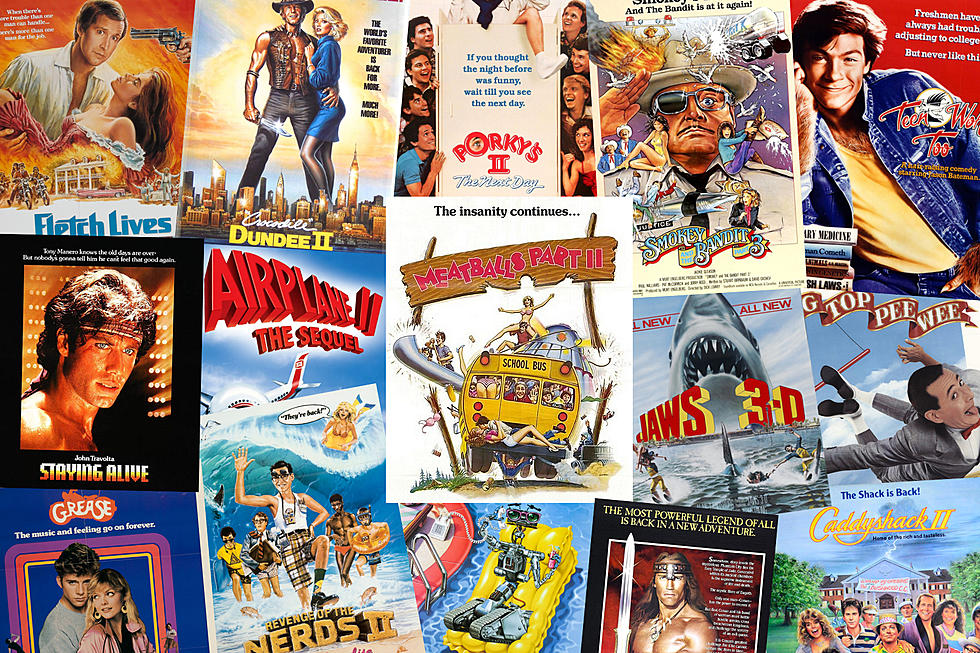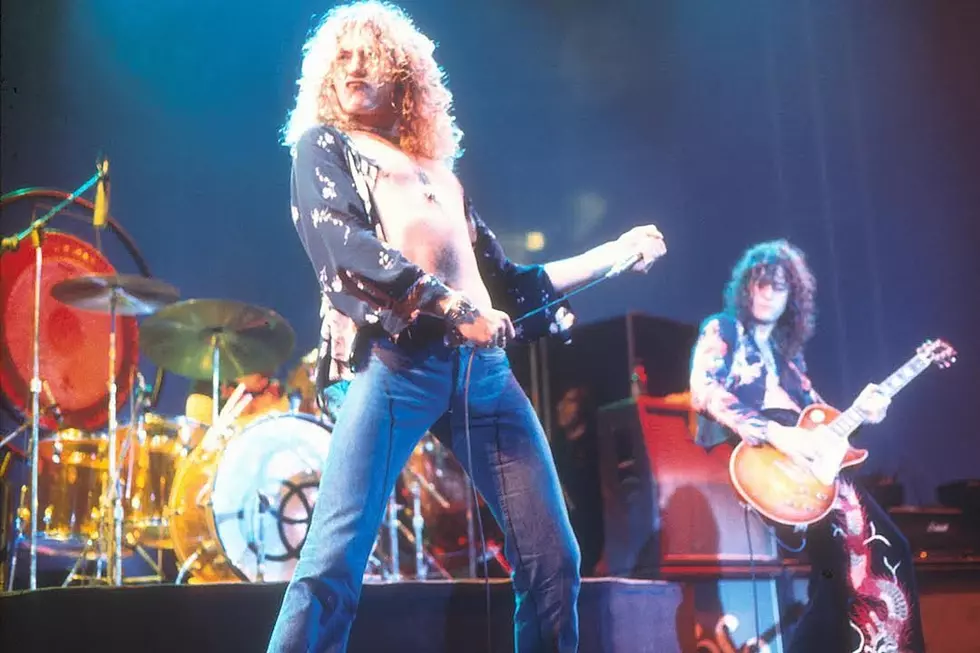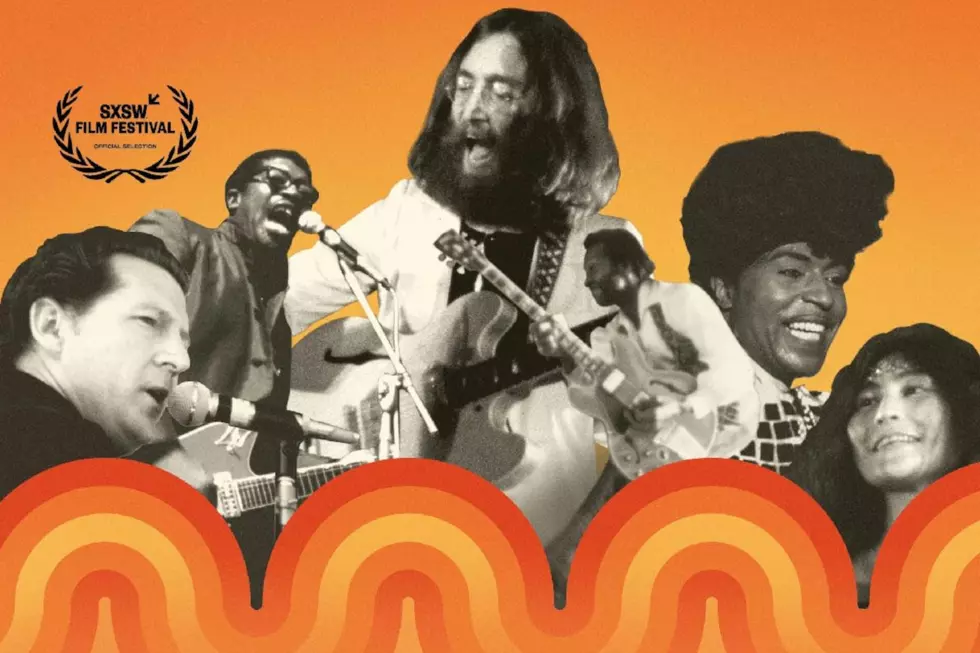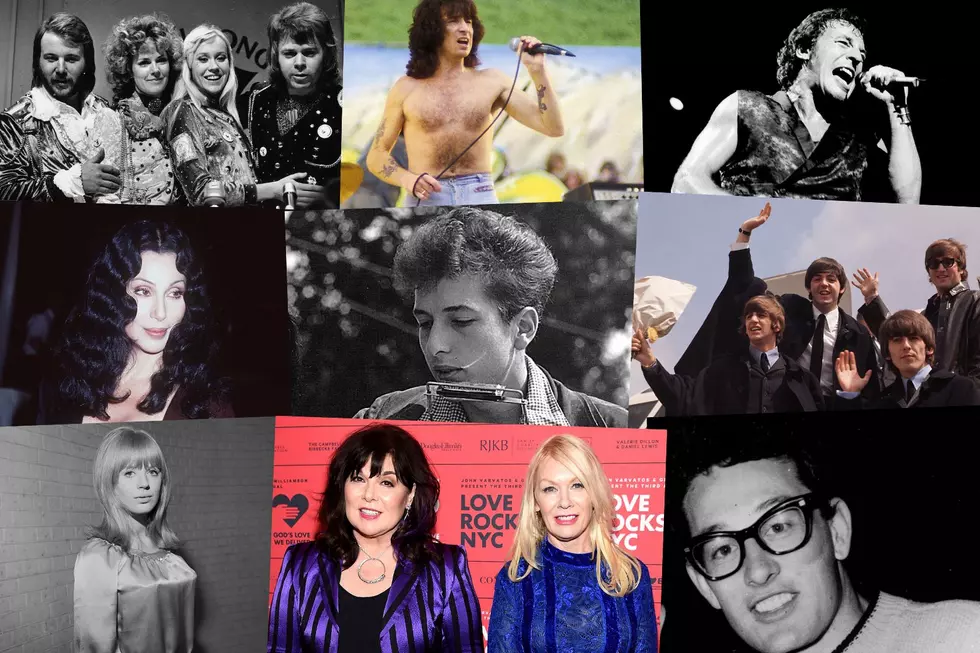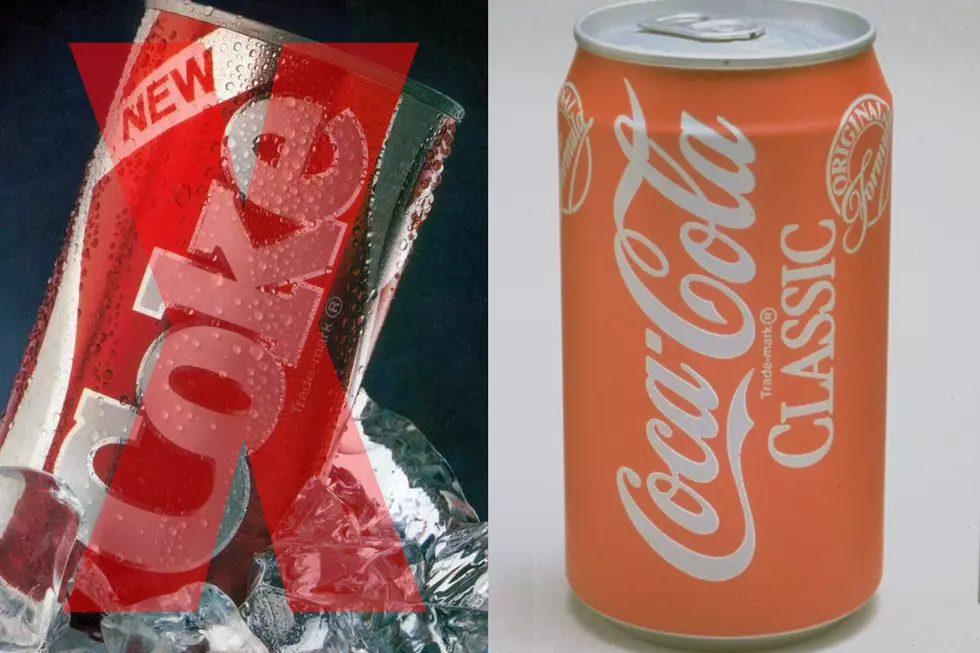
35 Years Ago: The Doomed ‘New Coke’ Experiment Comes to an End
One of the biggest marketing blunders in history was rectified on July 10, 1985, when Coke executives announced that the soda’s original formula would return as Coca-Cola Classic.
Less than three months earlier the soft-drink company had rolled out its updated version of Coca-Cola. Informally referred to as “New Coke,” it marked the first change to the signature soda’s recipe in 99 years.
Officially, the brand claimed it was re-energizing its famous drink, but the reasoning went much deeper than that. In 1985, Coke had seen its popularity among consumers declining, with many soda drinkers switching to Pepsi during an era colloquially called the "cola wars." Fearful of losing their position as the dominant soda on the market, executives pushed forward with the New Coke concept.
“The best has been made even better,” declared CEO Roberto Goizueta at a press conference announcing New Coke. “Some may choose to call this the single boldest marketing move in the history of the packaged goods business. We simply call it the surest move ever made. Simply stated, we have a new formula for Coke.”
"This has got to be the boldest consumer products move of any kind of any stripe since Eve started to hand out apples," remarked Jesse Meyers, publisher of Beverage Digest, at the time.
Watch 'New Coke' News Coverage
New Coke was released on April 23, 1985, with red-carpet celebrations across the country. The updated recipe was sweeter than its predecessor, a formula the company claimed was overwhelmingly popular during blind taste tests. Despite this, backlash against New Coke was swift and deafening.
Letters flooded into the Coca-Cola corporate offices, as angry fans started petitions demanding the return of the original formula; some even threatened class-action lawsuits against the company. A protest group called the Old Coca-Cola Drinkers of America was founded and released anti-New Coke pins and posters, championed its cause within the media, and became the nation’s most vocal organization arguing for the return of Coke’s traditional recipe.
Regionally, Coke’s biggest market share was in the South, where the Atlanta-based company had a loyal following among soda drinkers. In that part of the U.S., consumers interpreted Coke’s change through a Civil War lens, arguing that the company had crumbled under pressure from a “Yankee counterpart” - the New York-based Pepsi. “To concede to competition, I think it cheapens them and makes them look yellow,” remarked consumer E.K. Maxwell, as recalled in the book The Real Coke, the Real Story.
Another book, For God, Country and Coca-Cola, claims the outrage even turned violent: "In Marietta, Ga., a Coca-Cola delivery man was assaulted by a woman with an umbrella while he stocked a grocery store shelf with New Coke. 'You bastard,' she yelled, 'you ruined it – it tastes like shit!' When a nearby Pepsi driver snickered at the scene, she blasted him as well. 'You stay out of it! This is family business. Yours is worse than shit!'”
Just 78 days after the launch of New Coke, executives issued a mea culpa, returning the original formula under the name Coke Classic. The decision was headline news.
“There is likely no other country in the world where an evening broadcast such as this would begin with the news that a popular soft drink was going to reintroduce its original formula,” noted ABC News anchor Peter Jennings. “But this is America and Coca-Cola is part of Americana. This is a story of big business, enormous advertising and a company that found out the hard way, if it ain’t broke, don’t fix it. The old Coke is coming back”
Watch ABC News' Coverage of Coca-Cola Classic's Return
Even though the company claimed New Coke would still be its marquee drink, the soda quickly disappeared from store shelves. It remains a legendary marketing mistake, but also a classic ‘80s pop-culture reference. Case in point: In 2019, the creators of the hit Netflix series Stranger Things promoted their third season (scripted to take place in 1985), by bringing back New Coke in a limited cross promotion.
Coke has introduced many new cola flavors since the New Coke debacle, including cherry, vanilla and orange-vanilla varieties. The link between soda and serious health problems, such as obesity and diabetes, has also caused the company to create healthier alternatives, such as Coke Zero and Coca-Cola Life. Still, the brand has never again messed with its classic brand or its recipe, clearly learning from the 1985 mistake.
Top 100 '80s Rock Albums
More From Ultimate Classic Rock



